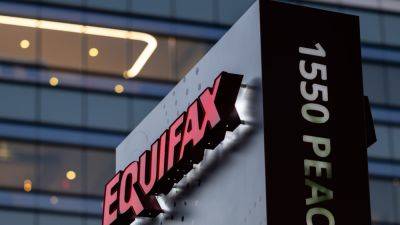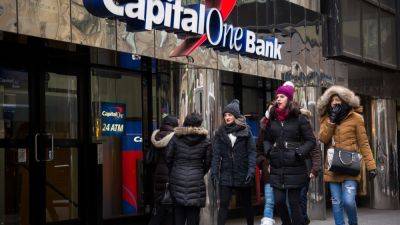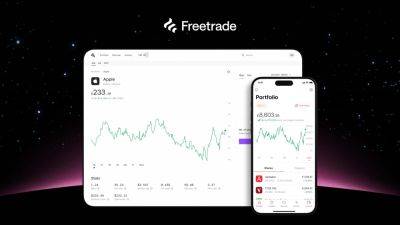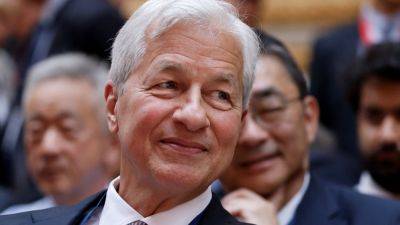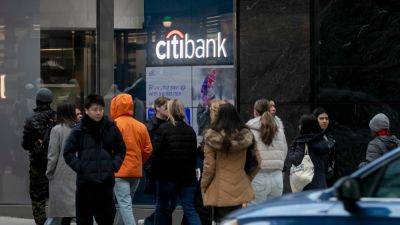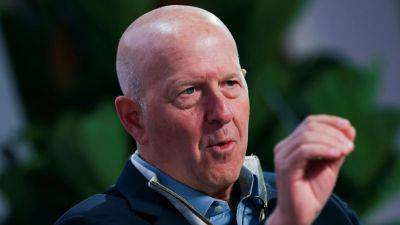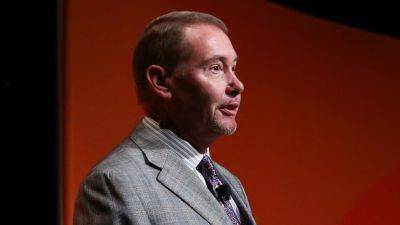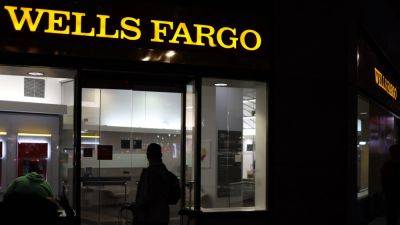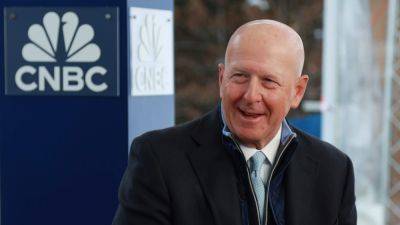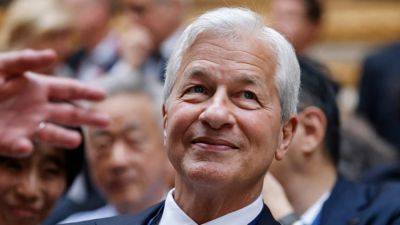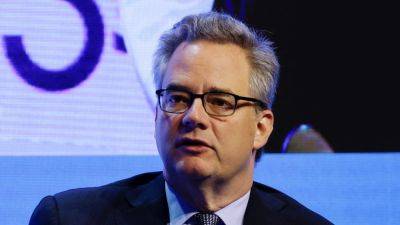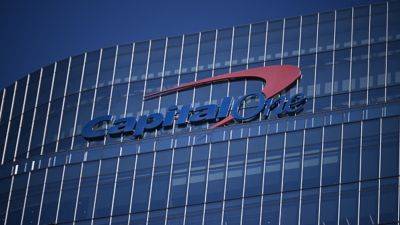Banking app Dave, back from the brink, is this year's biggest gainer among financials with 934% surge
In this article
Jason Wilk, the CEO of digital banking service Dave, remembers the absolute low point in his brief career as head of a publicly-traded firm.
It was June 2023, and shares of his company had recently dipped below $5 apiece. Desperate to keep Dave afloat, Wilk found himself at a Los Angeles conference for micro-cap stocks, where he pitched investors on tiny $5,000 stakes in his firm.
«I'm not going to lie, this was probably the hardest time of my life,» Wilk told CNBC. «To go from being a $5 billion company to $50 million in 12 months, it was so freaking hard.»
But in the months that followed, Dave turned profitable and consistently topped Wall Street analyst expectations for revenue and profit. Now, Wilk's company is the top gainer for 2024 among U.S. financial stocks, with a 934% year-to-date surge through Thursday.
The fintech firm, which makes money by extending small loans to cash-strapped Americans, is emblematic of a larger shift that's still in its early stages, according to JMP Securities analyst Devin Ryan.
Investors had dumped high-flying fintech companies in 2022 as a wave of unprofitable firms like Dave went public via special purpose acquisition companies. The environment turned suddenly, from rewarding growth at any cost to deep skepticism of how money-losing firms would navigate rising interest rates as the Federal Reserve battled inflation.
Now, with the Fed easing rates, investors have rushed back into financial firms of all sizes, including alternative asset managers like KKR and credit card companies like American Express, the top performers among financial stocks this year with market caps of at least $100 billion and $200 billion, respectively.
Big investment banks including Goldman
Read more on cnbc.com cnbc.com
cnbc.com